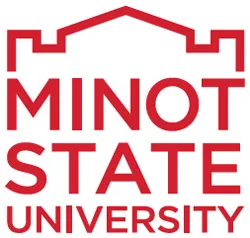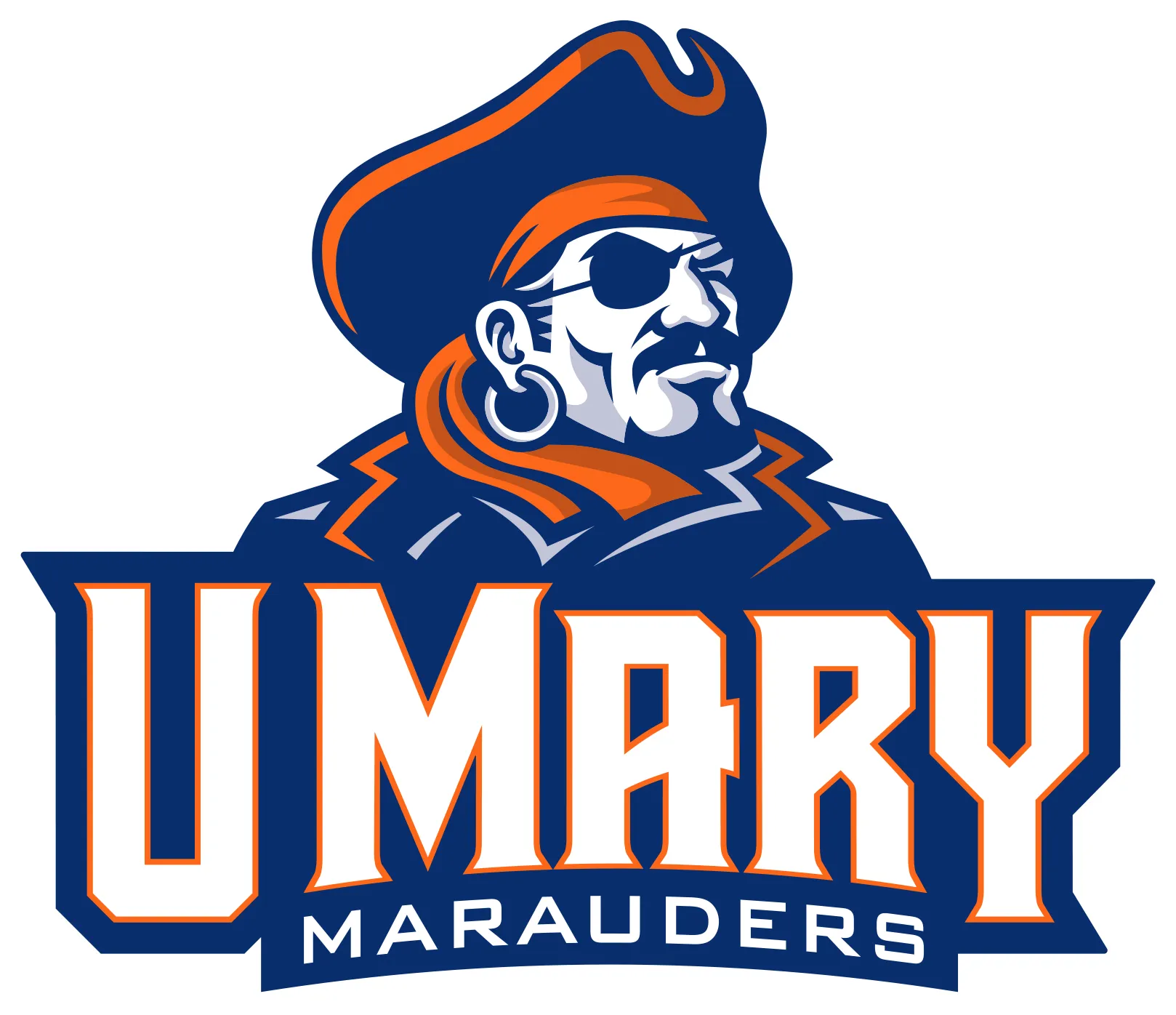Best Colleges in North Dakota
Get equipped with the resources that will help you easily navigate your learning journey. Discover schools that match your goals and aspirations.
Best Accredited Colleges
Frequently Asked Questions
1. What are the best colleges in North Dakota?
Some of the best colleges in North Dakota include the University of North Dakota, North Dakota State University, Minot State University, Dickinson State University, and Mayville State University.
2. How do I apply to colleges in North Dakota?
To apply to colleges in North Dakota, you typically need to complete an online application form, submit your high school transcripts, provide standardized test scores (such as the SAT or ACT), write an essay, and obtain letters of recommendation.
3. What majors and programs are offered at North Dakota colleges?
North Dakota colleges offer a wide range of majors and programs, including but not limited to business, engineering, nursing, education, computer science, agriculture, psychology, and liberal arts.
4. What is the cost of tuition at North Dakota colleges?
The cost of tuition at North Dakota colleges varies depending on the institution and whether you are an in-state or out-of-state student. On average, tuition for in-state students ranges from $6,000 to $10,000 per year, while out-of-state students can expect to pay around $15,000 to $20,000 per year.
5. Are there scholarships available for students attending North Dakota colleges?
Yes, there are scholarships available for students attending North Dakota colleges. Many colleges offer their own scholarships based on academic merit, extracurricular involvement, or financial need. Additionally, there are external scholarships and grants that students can apply for.
6. What is the student-to-faculty ratio at North Dakota colleges?
The student-to-faculty ratio at North Dakota colleges varies, but on average, it is around 15:1. This means that for every 15 students, there is one faculty member available to provide personalized attention and support.
7. Are there opportunities for internships and job placements at North Dakota colleges?
Yes, North Dakota colleges often have partnerships with local businesses and organizations, providing students with opportunities for internships and job placements. These experiences allow students to gain practical skills and make valuable connections in their chosen fields.
8. What is the campus life like at North Dakota colleges?
The campus life at North Dakota colleges is vibrant and diverse. Students can participate in various clubs, organizations, and sports teams, attend cultural events and performances, and take advantage of recreational facilities. Additionally, colleges often organize social activities and events to foster a sense of community.
9. Can I transfer credits from a community college to a four-year college in North Dakota?
Yes, many four-year colleges in North Dakota accept transfer credits from community colleges. However, the transferability of credits depends on the specific courses and the policies of the receiving institution. It is advisable to consult with the admissions office or academic advisors for more information.
10. What support services are available for students at North Dakota colleges?
North Dakota colleges offer a range of support services to help students succeed academically and personally. These services may include academic advising, tutoring centers, career counseling, health services, counseling and mental health support, disability services, and housing assistance.




